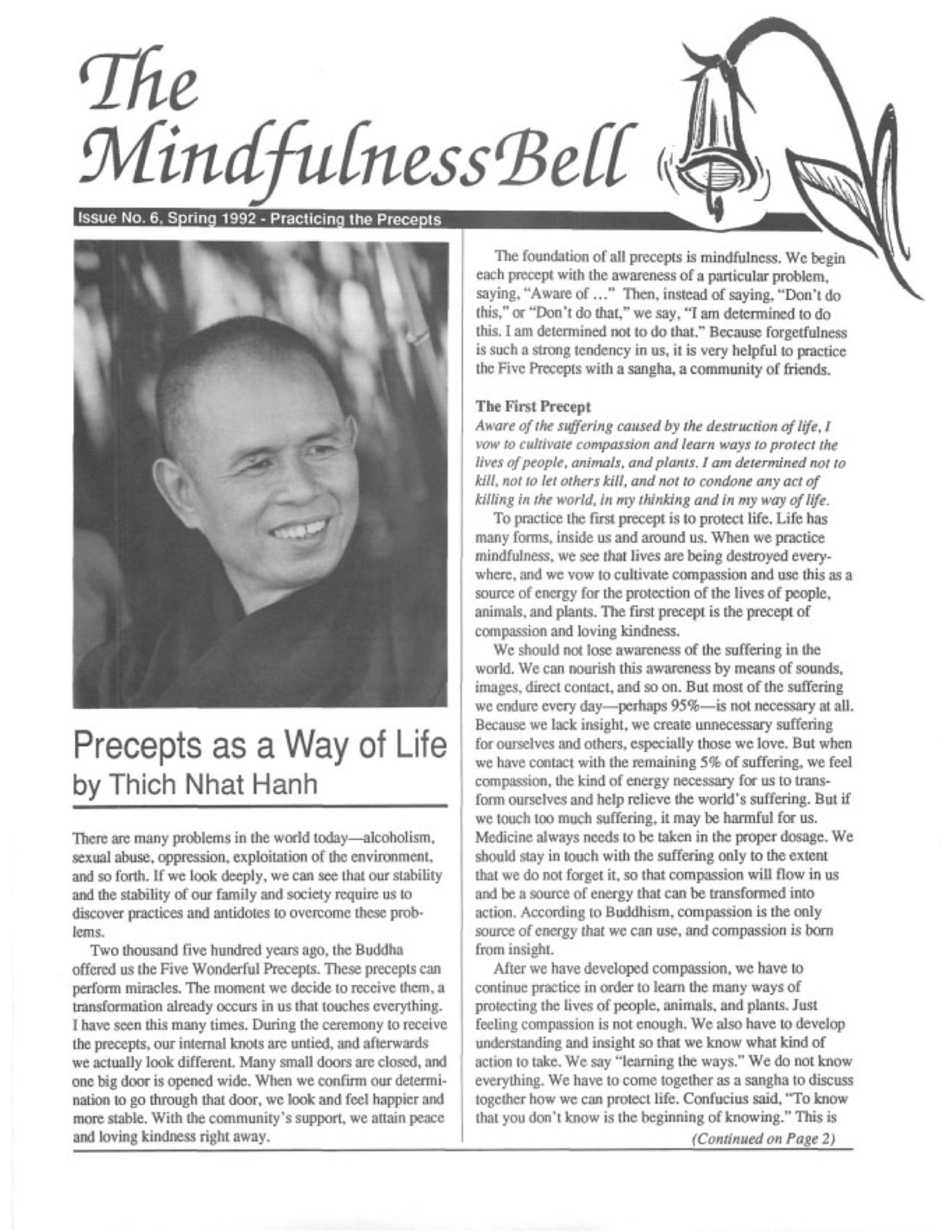When I look deeply into sugar, I see millions of slaves brought to the New World to work in a plantation system which made some people tremendously rich because of peoples’ escalating desire to consume sugar (and rum and coffee among other things). I look into sugar and I see millions of acres of tropical countryside in countries like Ecuador where families once grew maize, beans, fruits, and vegetables to eat, but where people now grow sugar for export to wealthier countries and for a growing domestic industry producing soft drinks,
When I look deeply into sugar, I see millions of slaves brought to the New World to work in a plantation system which made some people tremendously rich because of peoples' escalating desire to consume sugar (and rum and coffee among other things). I look into sugar and I see millions of acres of tropical countryside in countries like Ecuador where families once grew maize, beans, fruits, and vegetables to eat, but where people now grow sugar for export to wealthier countries and for a growing domestic industry producing soft drinks, alcohol, and sweet prepared foods. I look into sugar and I see a refined, non-nutritive substance which is replacing wholesome, body-building foods in the bellies of poor people and not-so-poor people all over the world. Sugar makes money, but it fosters neither personal nor planetary health. Sugar is cheap, but how can we justify growing it and consuming it in a world in ecological and political crisis, where all people do not have access to enough good food?
Karen Stothert
San Antonio, Texas

